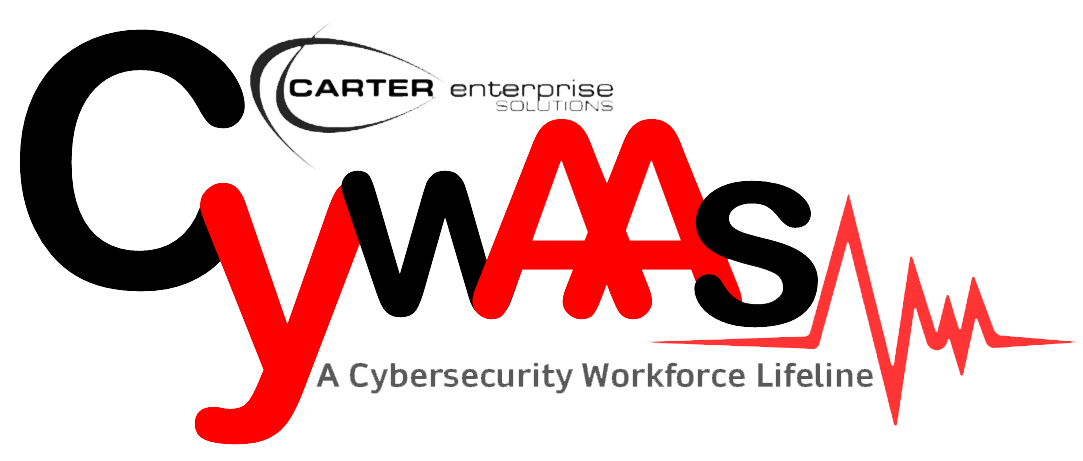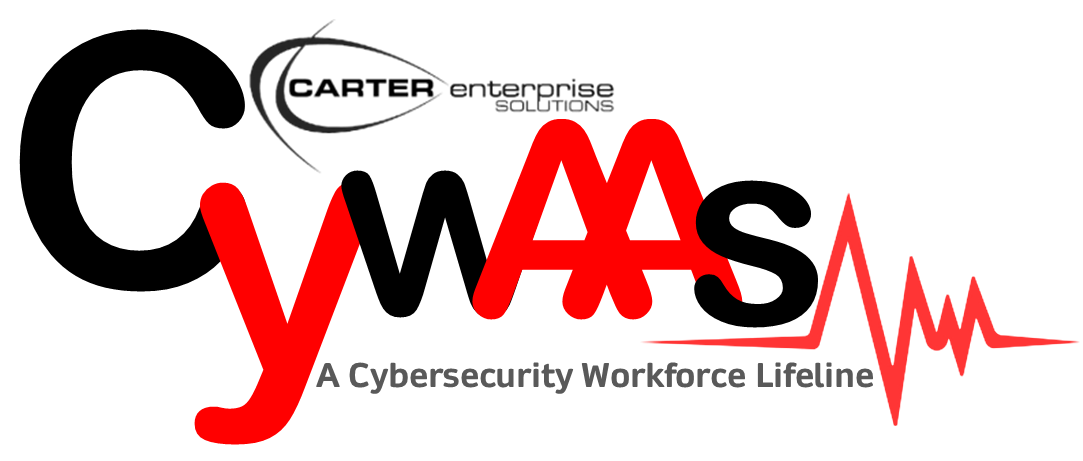Job Description:
We are seeking a talented and experienced Artificial Intelligence (AI) Security Architect to join our team. The ideal candidate will have a strong background in cybersecurity and architecture, with expertise in designing and implementing security solutions that leverage AI and machine learning techniques. As an AI Security Architect, you will play a key role in developing and implementing comprehensive security architectures and frameworks that address the evolving threat landscape and protect our clients' digital assets and infrastructure.
Responsibilities:
- Design and develop AI-driven security architectures and frameworks to protect critical assets and infrastructure from cyber threats, including AI-based threat detection, anomaly detection, and predictive analytics.
- Collaborate with cross-functional teams to define security requirements, develop use cases, and design security solutions that leverage AI and machine learning technologies to enhance threat detection, incident response, and security operations.
- Conduct risk assessments and security reviews to identify security vulnerabilities and gaps in existing architectures and propose remediation strategies and enhancements.
- Develop and implement security policies, standards, and procedures that govern the use of AI-driven technologies and ensure compliance with regulatory requirements and industry standards.
- Evaluate and select AI-driven security technologies and products, including AI platforms, machine learning models, and security analytics tools, and integrate them into the security architecture.
- Provide technical leadership and guidance to engineering teams on security best practices, architectural design principles, and implementation strategies for AI-driven security solutions.
- Stay updated on the latest advancements in AI, machine learning, and cybersecurity research, and apply them to enhance our security architectures and frameworks.
- Collaborate with clients and internal stakeholders to understand their business objectives, security requirements, and risk tolerance, and develop tailored security solutions that meet their needs and objectives.
- Bachelor's degree in Computer Science, Information Security, or related field. Advanced degree (Master's or Ph.D.) preferred.
- Experience in cybersecurity, architecture, or related field, with a focus on designing and implementing security solutions.
- Strong understanding of cybersecurity principles, technologies, and best practices, including threat intelligence, incident response, and security operations.
- Experience with architectural frameworks and methodologies, such as TOGAF, SABSA, or Zachman Framework, and proficiency in designing secure and scalable architectures.
- Knowledge of artificial intelligence and machine learning technologies and their applications in cybersecurity, including supervised learning, unsupervised learning, and deep learning techniques.
- Excellent problem-solving skills, analytical thinking, and attention to detail.
- Strong communication and collaboration abilities, with the ability to work effectively in multidisciplinary teams and communicate complex technical concepts to non-technical stakeholders.
- Certified Information Systems Security Professional (CISSP)
- Certified Information Security Manager (CISM)
- AWS Certified Security – Specialty
- Certified Cloud Security Professional (CCSP)
- Certified Information Systems Auditor (CISA)
- Security Testing and Validation: Proficiency in security testing techniques and tools, including vulnerability assessment, penetration testing, and code review, can help validate the security of AI-driven security architectures and frameworks and identify potential security weaknesses and vulnerabilities.
- Secure DevOps Practices: Understanding of DevOps principles and practices, as well as experience with integrating security into the DevOps lifecycle (DevSecOps), can facilitate the adoption of secure development practices, continuous integration/continuous deployment (CI/CD) pipelines, and automated security testing in AI-driven projects.
- Container Security: Knowledge of containerization technologies such as Docker and Kubernetes, as well as experience with securing containerized environments, can enable the development of secure and scalable AI-driven applications and microservices architectures.
- Secure Software Development: Familiarity with secure software development methodologies and practices, including secure coding standards, secure design principles, and threat modeling, can ensure that AI-driven software and applications are developed with security in mind from the outset.
- Regulatory Compliance and Privacy: Awareness of regulatory requirements and privacy laws related to cybersecurity and data protection, such as GDPR, CCPA, and HIPAA, as well as experience with implementing compliance controls and privacy-enhancing technologies, can ensure that AI-driven security solutions comply with legal and regulatory requirements.
- Secure Data Management: Understanding of secure data management principles and practices, including data encryption, data masking, and data classification, can facilitate the protection of sensitive data in AI-driven systems and ensure the confidentiality and integrity of data throughout its lifecycle.
- Secure Network Design: Proficiency in designing secure network architectures and protocols, as well as experience with securing network infrastructure such as firewalls, VPNs, and intrusion detection/prevention systems (IDPS), can help prevent unauthorized access and protect AI-driven systems from network-based attacks.
- Incident Response and Forensics: Knowledge of incident response principles and methodologies, as well as experience with conducting digital forensics investigations and incident response activities, can enable the timely detection, containment, and remediation of security incidents in AI-driven environments.
- Vendor Risk Management: Understanding of vendor risk management principles and practices, as well as experience with assessing and managing security risks associated with third-party vendors and service providers, can help mitigate supply chain risks and ensure the security of AI-driven solutions and services.
- Soft Skills: Strong leadership, project management, communication, and stakeholder management abilities are essential for effectively leading security architecture initiatives, collaborating with cross-functional teams, and communicating security risks and recommendations to executive leadership and stakeholders.


